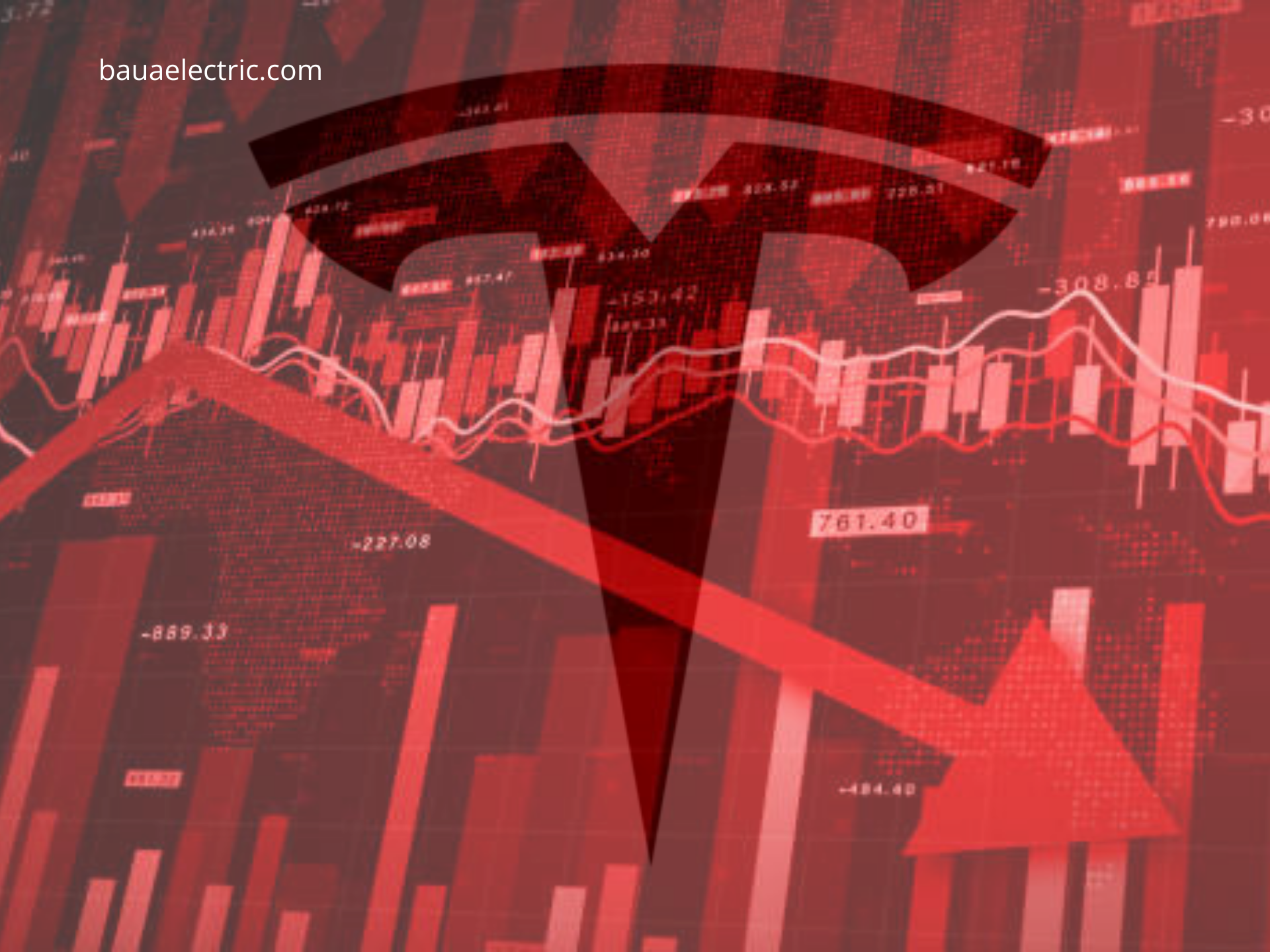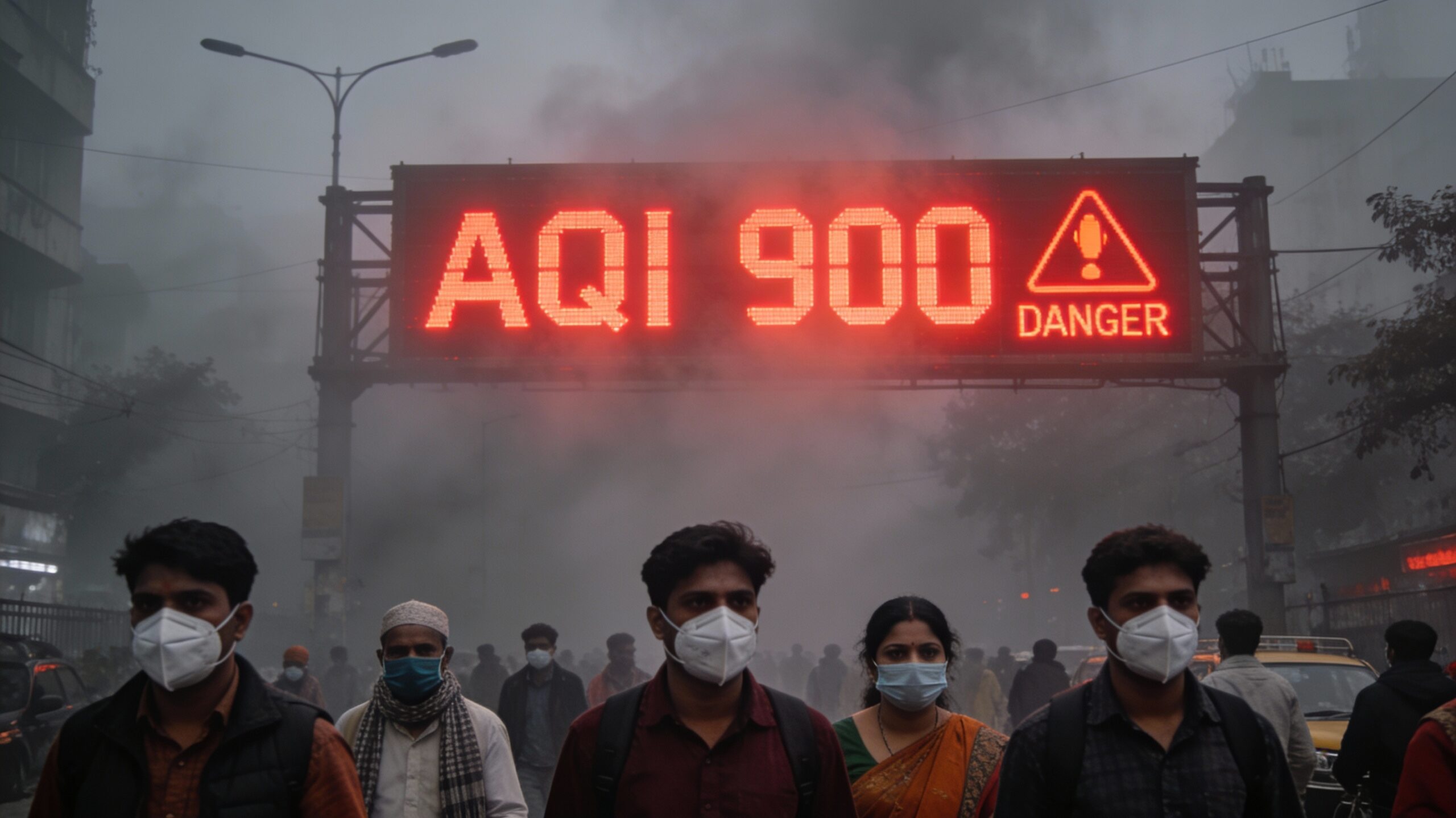Tesla’s stock took a major hit on Monday, dropping 15%, marking its worst trading day since September 2020.
The company has been on a losing streak, with its stock declining for seven straight weeks—the longest downturn since Tesla went public in 2010. Shares have fallen more than 50% from their December 17 peak of $479.86, wiping out over $800 billion in market value. Monday’s decline ranked as the seventh worst in Tesla’s history.

Tesla’s slump also contributed to a broader stock market drop, with the Nasdaq falling nearly 4%, its biggest decline since 2022.
During an interview on Fox Business, CEO Elon Musk was asked how he balances running his businesses while serving in the Trump administration. He admitted it was “very difficult.”
Tesla isn’t the only one of Musk’s companies facing challenges. His social media platform, X, suffered multiple outages on Monday, while SpaceX is investigating two back-to-back explosions during test flights of its massive Starship rocket.
Musk also stated in the interview that he expects to remain in the Trump administration for another year. Later, he reassured his followers on X, saying Tesla’s long-term future remains strong despite the stock’s decline.
One reason for Tesla’s struggles is uncertainty over President Donald Trump’s trade policies, particularly potential tariffs that could impact the auto industry. Canada and Mexico play key roles in vehicle production, and increased tariffs could raise costs.
Additionally, Tesla’s brand image has taken a hit due to Musk’s political involvement. His leadership in the Trump administration’s “Department of Government Efficiency” has made him a controversial figure. He has also used X to criticize judges and spread misinformation about Ukraine’s President Volodymyr Zelenskyy.
As a result, protests have erupted at Tesla facilities across the U.S., and there have been multiple cases of vandalism and arson targeting Tesla stores. In Loveland, Colorado, a Tesla service center has been attacked multiple times, most recently on March 7.
Analysts warn that these incidents could hurt Tesla’s sales. Ben Kallo from Baird told CNBC that potential buyers might hesitate if they fear their cars could be vandalized.
Meanwhile, a report from Bank of America revealed that Tesla’s vehicle sales in Europe fell by 50% in January compared to the previous year. Some customers are also waiting for an updated Model Y, which remains the best-selling electric SUV worldwide.
BYD Chinese manufacturer is another headache for tesla sales in Europe which cumulates to further downfall of tesla shares.
Despite Tesla’s struggles, global electric vehicle sales—including fully electric and plug-in hybrids—rose 21% in January, driven by demand in Europe.




